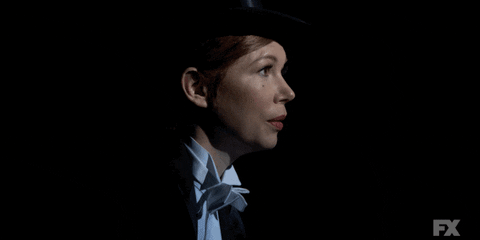
As the most-watched, musical theater miniseries of the season, "Fosse/Verdon" comes to a close this evening, I wanted to take a moment to revisit the absolute joy that this journey has been.
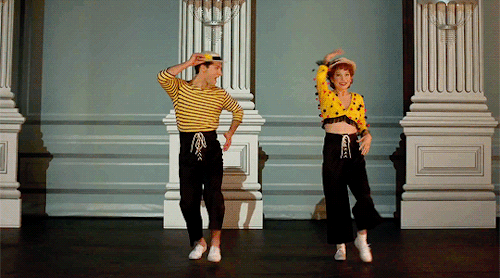
If nothing else (and there is plenty else) we have been gifted with enough new theater GIFs to last us until the next theater biopic miniseries (submissions being accepted now).
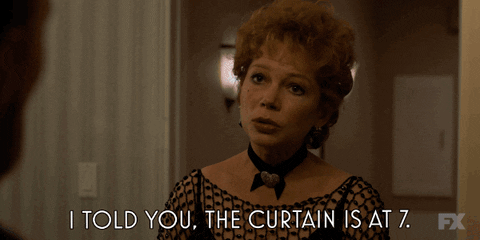
But, for my part, one of the things I've enjoyed the most (in addition to the joy that has been Michelle Williams' performance) is filling in the gaps in my musical theater history knowledge I didn't even know were there. For that I am grateful.
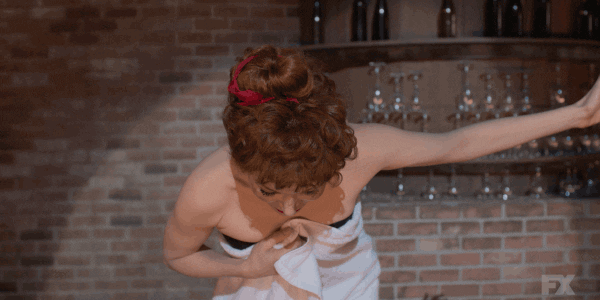
Of course, once I learn one new thing, the Google rabbit hole begins... Because once you find out you don't know one thing, you then need to know all the things, right?
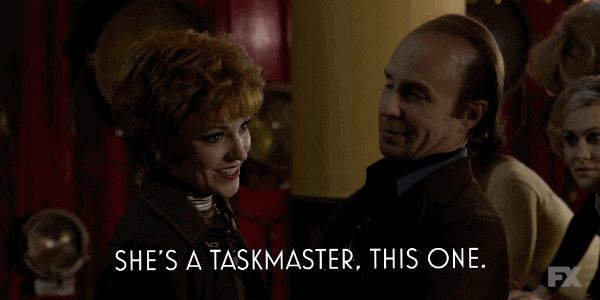
And you better believe you're about to join me on that journey of discovery (part of it anyway). What follows is an abbreviated outline of my discovery of the outcome of the 1976 Tony Awards, made possible by "Fosse/Verdon".
The Scene: The 1976 Tony Awards (aka the year the original production of "Chicago" was nominated for 11 awards ... spoiler alert, they didn't win any of them).
The Discovery: The roles of Alfred P. Doolittle (for the first revival of "My Fair Lady") and Cassie (for the original production of "A Chorus Line") were nominated as leads that year (and they both won).
The "Fosse/Verdon" Context: Those categories also included Gwen Verdon as Roxie Hart, Chita Rivera as Velma Kelly, and Jerry Orbach as Billy Flynn.
The Outrage: Neither of these roles is a lead. I can (almost) understand "A Chorus Line" (sort of). It was a new show and the concept of not having a lead was new. The first revival of "My Fair Lady" is another story. I can only assume that someone was owed an enormous favor because 19 years earlier, when the original production of "My Fair Lady" was nominated, the role of Eliza's father was considered supporting (because it is).
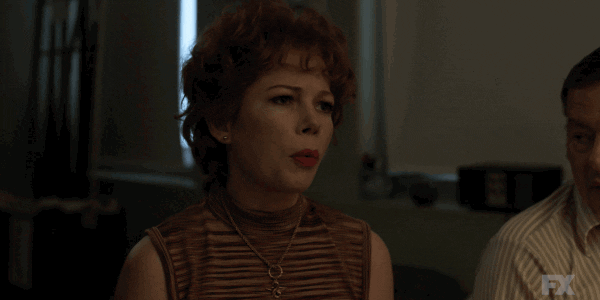
And the Tony committee learned their lesson and never made any questionable decisions ever again. The End.
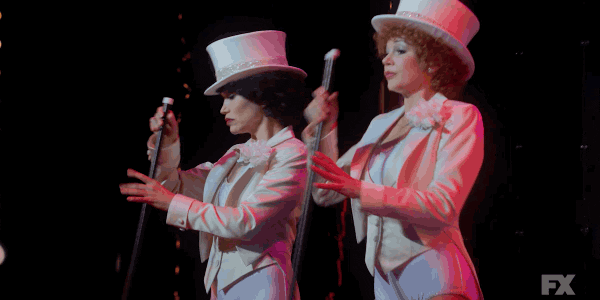
Maybe not ... but, I will keep my unpopular musical theater opinions offline and say, thank you, "Fosse/Verdon" for the supplementary education.
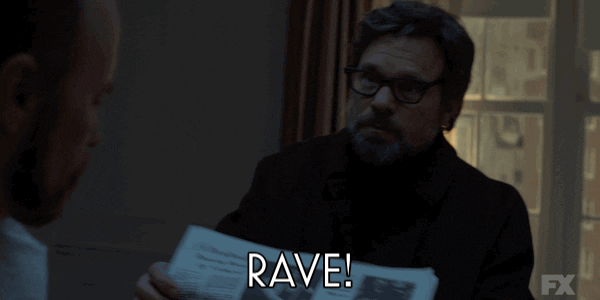
Putting the politics of theater aside, the lesson here is that legacy goes well beyond the awards you win, which in the case of Gwen Verdon was not nearly enough. Everyone's story is complicated, messy, and unique and that is certainly true of Bob Fosse and Gwen Verdon. The impact she had on his career and the accolades he received is pretty undeniable as is the injustice that his name and impact is far more widely than hers.
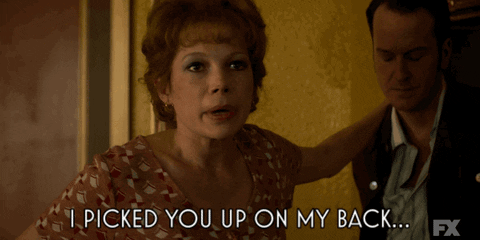
And while I'm appreciative for the stretching of my own theatrical knowledge, I'm even more grateful for the visibility this show as brought to the story of Gwen Verdon and the history of women in the theater. Things have come a long way, but there's still a long way to go. I hope the lessons of "Fosse/Verdon" can help us get there.
...bi-daily smile...
